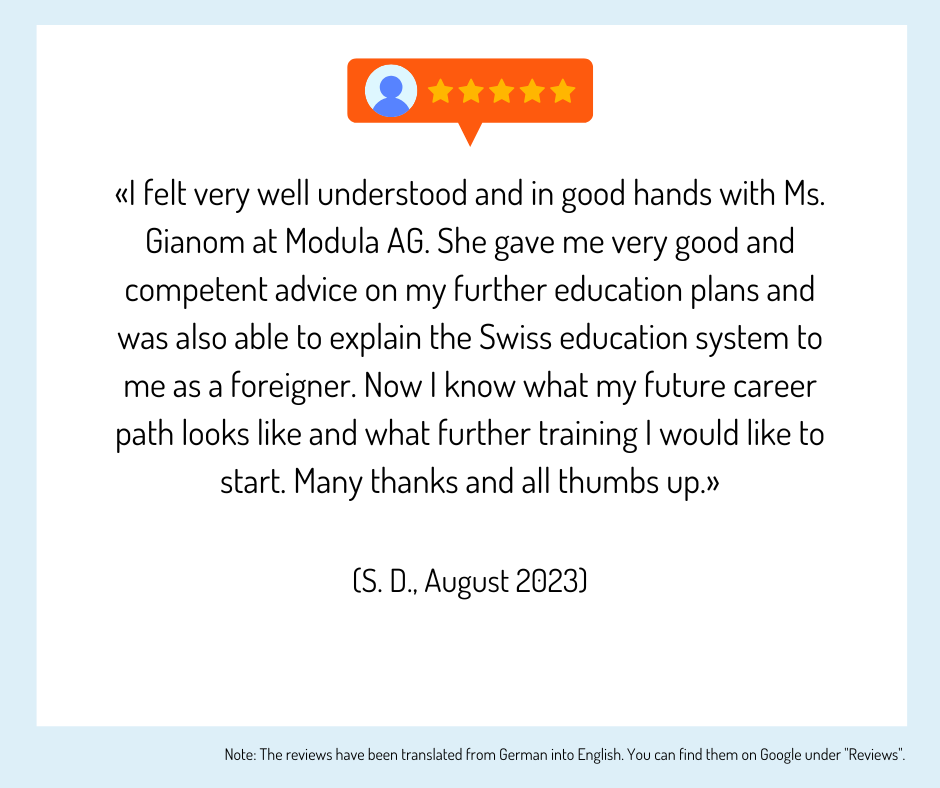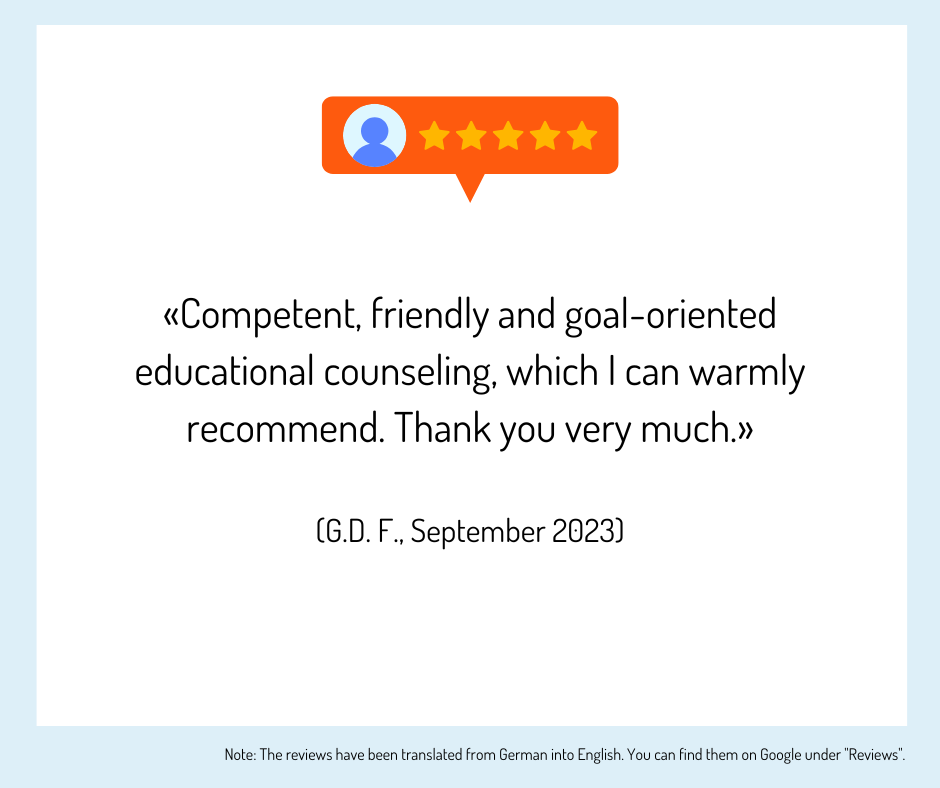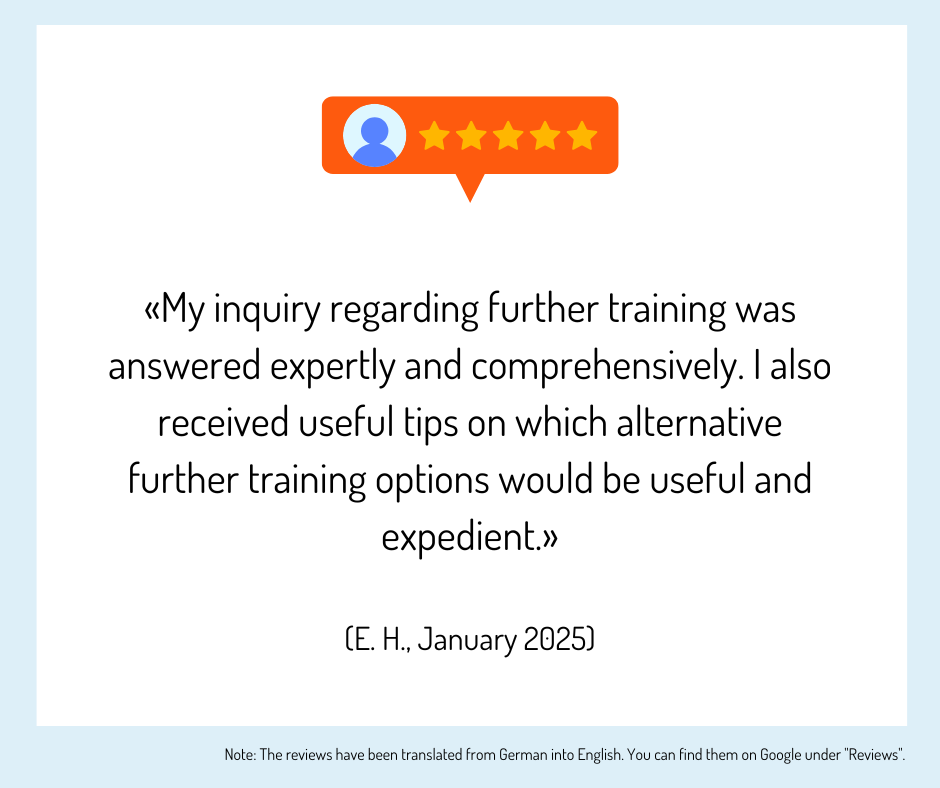Orthoptist: Education, further education, training, information, schools
Orthoptist training - Find solutions for eye problems
Questions and answers
What is the training concept for studying orthoptics?
Studying to become a federally certified orthoptist (CHE) at a College of Higher Education usually takes three years. It is divided into theoretical training at the school and practical training, which is completed in the form of internships. Internships are completed in the strabology-neuroophthalmology departments of eye clinics as well as in special internships, for example in pediatrics, neurology or other specialist areas. The course concludes with a diploma examination.
What are the skills and responsibilities after studying Orthopaedics HF?
After studying Orthopaedics HF, you will have the following skills and responsibilities:
- Competencies
- Specialist expertise in preventive diagnosis and treatment of visual disorders
- Consulting expertise
- Social competence towards patients and relatives
- Responsibilities
- Inform patients about the next steps and treatment methods
- They document the course of treatment and monitor its success
- Orthoptists HF assist the ophthalmologist during operations
What are the admission requirements for the course to become a federally certified orthoptist (CHE)?
As a rule, the following points apply as admission requirements for studying to become a federally certified orthoptist (CHE):
- Completed at least three years of basic education
or
- Vocational, technical or Baccalaureate or equivalent qualification
and
- Suitability assessment
What further development opportunities does an orthopaedist with a HF diploma have?
As an orthopaedist with an HF diploma, you have the following opportunities for further development:
- Possible additional training:
- Courses offered by the Swiss Association of Orthoptists SVO
- Courses from specialist groups
- Offers from eye clinics
- Specialization:
- neurological rehabilitation
- Advice/support in low vision
- ssistance during eye muscle surgery, etc.
- Pedagogical area:
- Internship supervisor, specialist teacher at a HF for orthoptics
- Management:
- Team/department head in hospital and other facilities
- Manager at an orthoptics HF
- Further training opportunities:
- Study programs at foreign universities, e.g. in England
What are the tasks of orthopaedic surgeons?
The tasks of orthopaedic surgeons are
- The main tasks of qualified orthoptists HF are to contribute to preventive diagnoses and to design therapies for visual disorders such as strabismus or eye tremors.
- Orthopaedic surgeons work mainly in eye practices and clinics and treat patients of all ages.
- People with an orthopaedic HF diploma carry out examinations on behalf of ophthalmologists on an independent basis.
- After the examinations, they make an orthoptic diagnosis and plan the appropriate therapy in consultation with the ophthalmologist.
How is the curriculum for the Orthoptics program at a College of Higher Education structured?
There are framework curricula for courses of study at Colleges of Higher Education leading to the Federal Diploma in Orthoptics (CHE), which reflect the content and competencies to be achieved. This also applies to the Orthoptics degree program, which is structured as follows:
Work process 1:
- Taking a medical history
- Plan investigation
- Carry out an examination
- Using medical-technical devices
- Evaluating and interpreting test results
- Make a diagnosis
Work process 2:
- Create a treatment plan
- Carry out therapy or intervention
- Monitoring the success of therapies and interventions
Work process 3:
- Educate, advise, support and motivate different patient and age groups
- Communicating and cooperating with other professional groups
- Document in your own area of responsibility
- Prevention and public relations work
Work process 4:
- Assume professional duty
- Apply medical, ethical and legal principles
- Participate in quality assurance
- Continuing education, further training
Erfahrungen, Bewertungen und Meinungen zur Ausbildung / Weiterbildung
Haven't found the right training or further education yet? Benefit from educational advice now!
Further training is not only important in order to maintain or increase professional attractiveness, investing in training or further training is still the most efficient way to increase the chances of a pay rise.
The Swiss education system offers a wide range of individual training and further education opportunities - depending on your personal level of education, professional experience and educational goals.
Choosing the right educational offer is not easy for many prospective students.
Which training and further education is the right one for my path?
Our education advisory team will guide you through the "education jungle", providing specific input and relevant background information to help you choose the right offer.
Your advantages:
You will receive
- Suggestions for suitable courses, seminars or training programs based on the information you provide in the questionnaire
- An overview of the different levels and types of education
- Information about the Swiss education system
We offer our educational counseling in the following languages on request: French, Italian, English
Register now and concretize your training plans.











